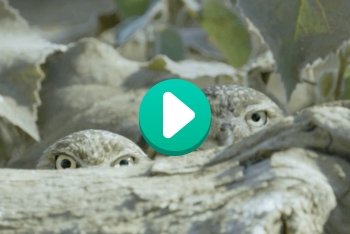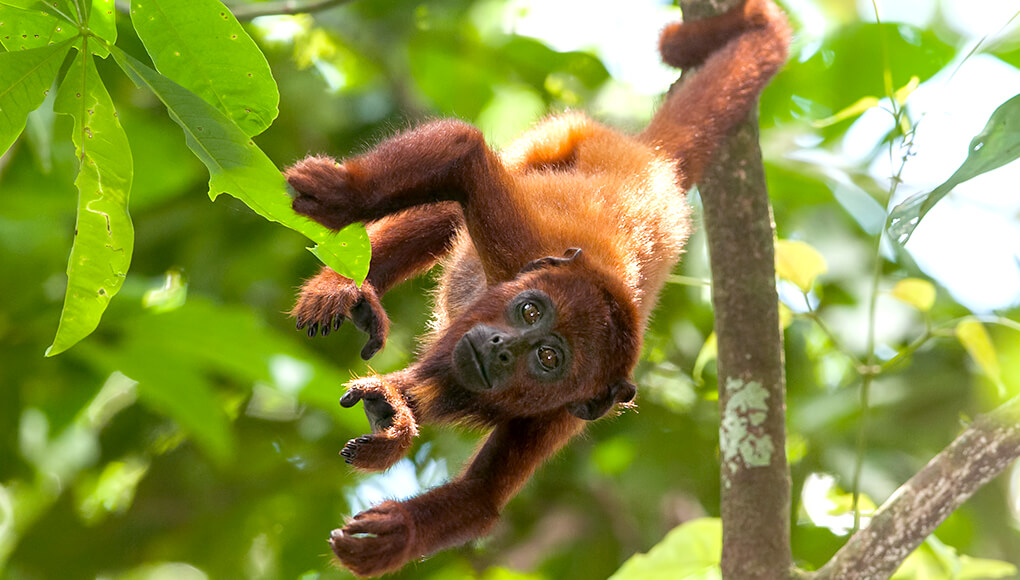
A tale of talented tails
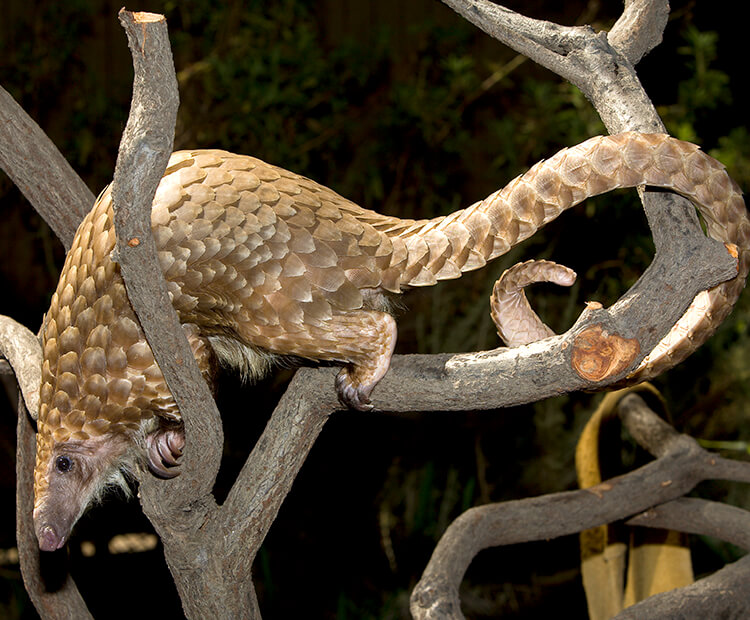
Have you ever had your hands full and wished you had an extra one? Some animals have something almost as good: a tail! Through adaptation, a prehensile tail is able to grasp objects.
Fully prehensile tails can be used like a hand to hold onto objects and to help arboreal creatures find and eat food while in the trees, like the African tree pangolin pictured.
Partially prehensile tails are often used to anchor an animal's body while it dangles from a branch or as an aid for climbing.
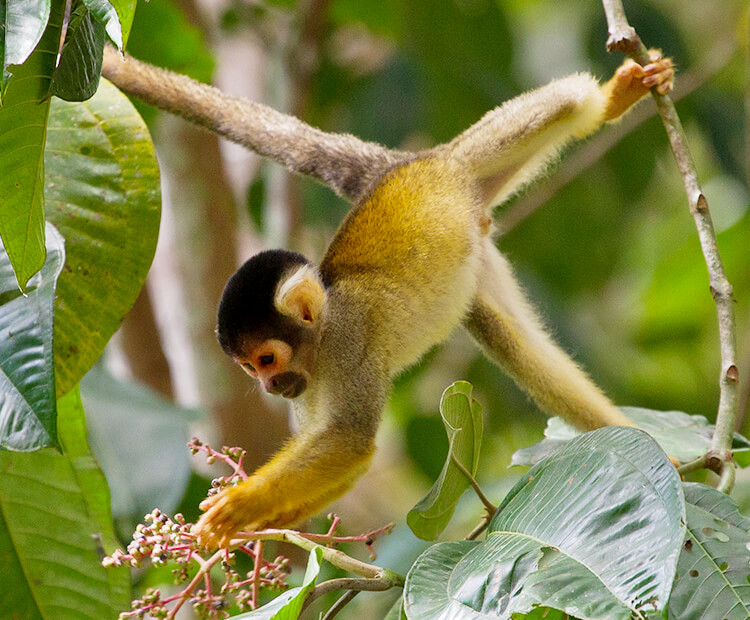
Good for forest life
Many more animals in South America have prehensile tails than those living in Africa and Southeast Asia. Some people think that more animals with prehensile tails are found in South America because the forest there is very thick compared to that of Africa or Southeast Asia's forests.
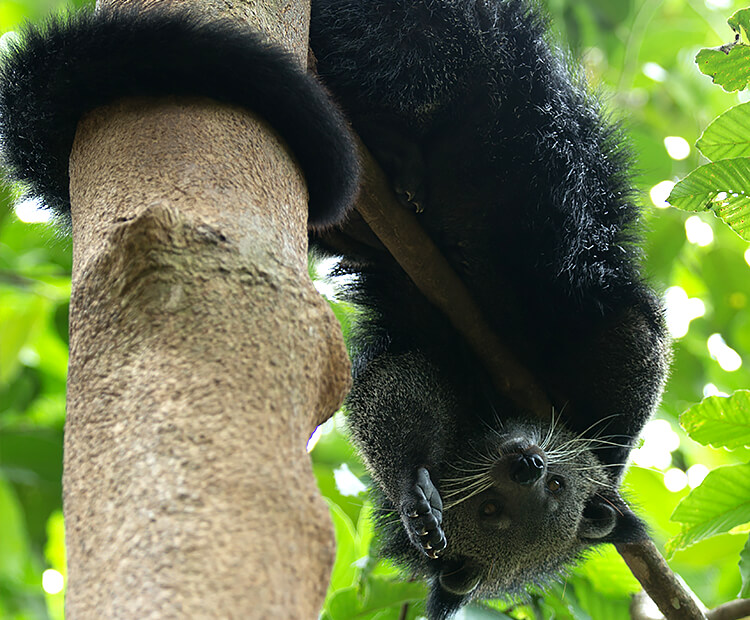
Who has them?
So who in the Animal Kingdom has one of these talented tails? Among mammals, you'll find these special assets on the bottoms of monkeys like howler monkeys, woolly monkeys, spider monkeys, and squirrel monkeys. Opposums and tree pangolins aren't monkeys, but they also have prehensile tails.
Other prehensile-tailed critters are binturongs, which, although their tail is fully prehensile, mostly use just the tip, and kinkajous; these are the only two carnivore species to have such a useful tail.
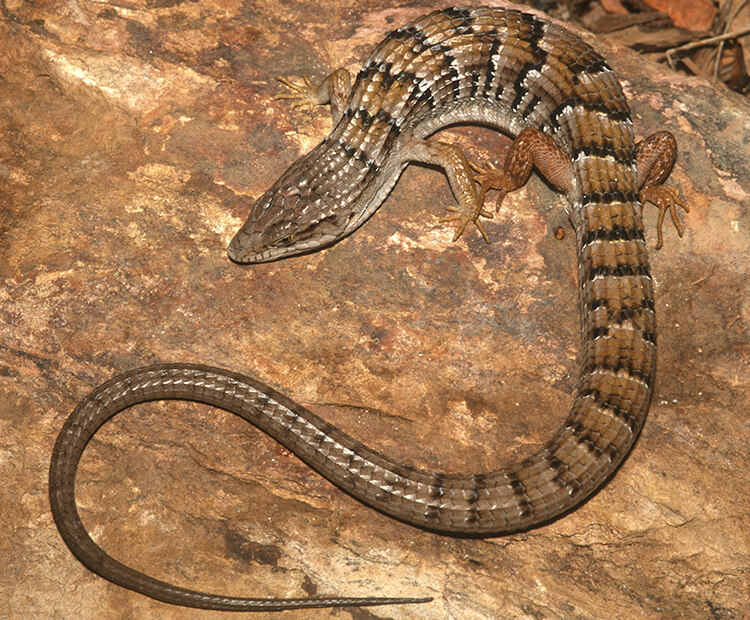
Lizard tails
Mammals aren't the only ones that can have a prehensile tail. Reptiles like the prehensile-tailed skink (you could tell by its name, couldn't you?) have this adaptation, along with some lizards like the alligator lizard.
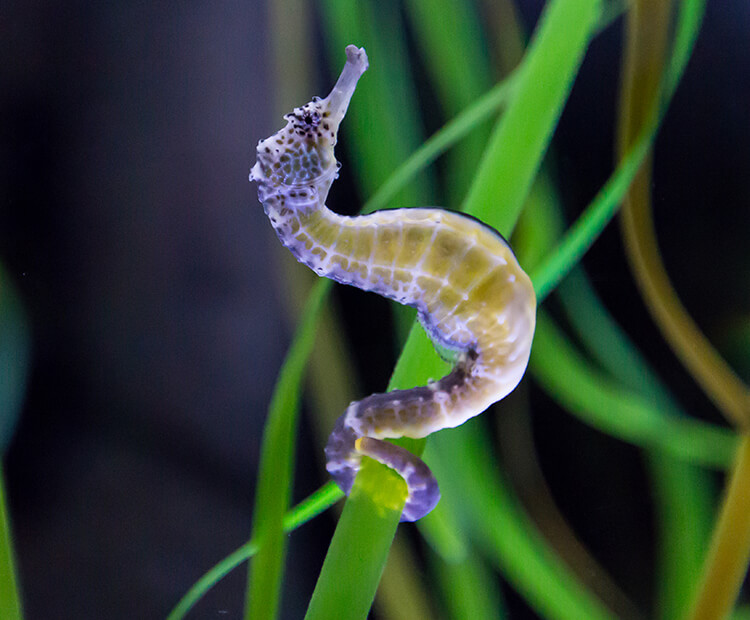
Sea tails
Prehensile tails also come in handy in the water—just ask amphibians like the clouded salamander. Even some fish have a prehensile tail. Can you guess which one? The seahorse!



